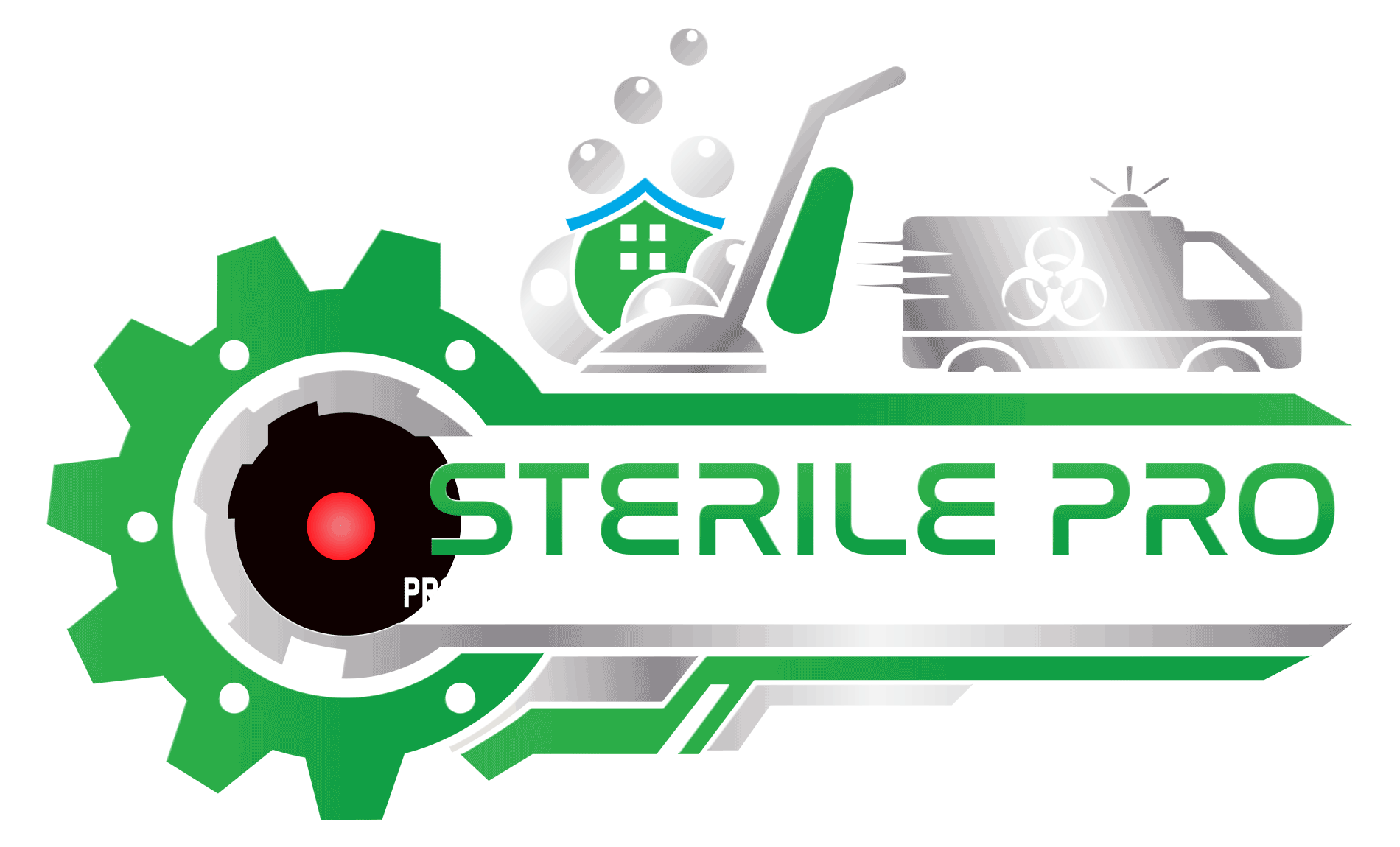Sanitation Franchises Business: Harnessing the Power of Innovation for Maximum Impact

In today’s rapidly evolving marketplace, the sanitation franchise business stands out as a beacon of opportunity, driven by the ever-increasing demand for cleanliness and hygiene. As the world becomes more health-conscious and regulatory standards grow more stringent, businesses and individuals alike are prioritizing sanitation more than ever before. This surge in demand creates a fertile ground for sanitation franchises, which offer a scalable and profitable business model. Entrepreneurs venturing into this sector can harness the power of innovation to maximize impact, ensuring their businesses not only survive but thrive in a competitive landscape.
Innovation in the sanitation franchise business is multifaceted, encompassing advancements in cleaning technologies, eco-friendly products, and efficient service delivery models. Modern sanitation franchises are no longer limited to basic cleaning services; they integrate cutting-edge technologies such as electrostatic sprayers, UV-C light disinfection, and antimicrobial coatings. These innovations not only enhance the effectiveness of cleaning procedures but also provide clients with peace of mind, knowing that their spaces are sanitized to the highest standards.
Moreover, the trend toward eco-friendly practices is revolutionizing the industry. Franchises that prioritize sustainable cleaning products and methods not only cater to a growing market of environmentally conscious consumers but also reduce their environmental footprint. This shift towards green solutions is becoming a key differentiator, attracting clientele who value sustainability as much as cleanliness.
Efficient service delivery is another critical area where innovation is making a significant impact. Digital platforms for scheduling, real-time tracking, and customer feedback are streamlining operations and enhancing customer satisfaction. These technological advancements allow franchisees to manage their businesses more effectively, ensuring timely and quality service delivery while optimizing resource allocation.
In conclusion, the sanitation franchise business is uniquely positioned for growth in a world that increasingly values hygiene and cleanliness. By embracing innovation, franchisees can not only meet but exceed customer expectations, creating a robust and sustainable business model that stands the test of time.
The Rise of Sanitation Franchises: A Lucrative Opportunity
The sanitation franchise sector has witnessed remarkable growth in recent years, driven by several key factors that make it a highly attractive business opportunity. One of the primary drivers is the increasing awareness and emphasis on hygiene and cleanliness in both commercial and residential spaces. The global COVID-19 pandemic has heightened these concerns, pushing cleanliness to the forefront of public consciousness and regulatory scrutiny. As a result, businesses and individuals are investing more in professional sanitation services, creating a robust market for sanitation franchises to thrive.
Tapping into a Growing Market Demand
The market demand for sanitation services extends across various sectors, including healthcare facilities, educational institutions, hospitality businesses, and residential properties. Each sector has specific cleanliness standards and compliance requirements, presenting sanitation franchises with diverse revenue streams and client bases. For instance, healthcare facilities require rigorous sanitation protocols to prevent infections, while hospitality businesses prioritize cleanliness to enhance guest experience and safety. Understanding these sector-specific needs allows sanitation franchises to tailor their services and capture niche markets effectively.
Advantages of Franchising in the Sanitation Industry
Franchising offers significant advantages for entrepreneurs looking to enter the sanitation industry. One of the foremost benefits is brand recognition and reputation. Established sanitation franchise brands have already built credibility and trust among consumers, making it easier for franchisees to attract clients and compete in the market. Moreover, franchisors provide comprehensive training programs, operational support, and marketing strategies, enabling franchisees to start their businesses with a proven framework for success. This support system minimizes the risks associated with starting a new business and accelerates the path to profitability.
Leveraging Technology for Enhanced Efficiency and Effectiveness
Technology plays a pivotal role in driving innovation and efficiency within the sanitation franchise business. Advanced cleaning technologies such as electrostatic sprayers, robotic cleaners, and smart disinfection systems are revolutionizing the industry by improving cleaning efficacy and reducing operational costs. Electrostatic sprayers, for example, evenly distribute disinfectants on surfaces, ensuring comprehensive coverage and minimizing wastage. Similarly, robotic cleaners can autonomously navigate spaces, performing repetitive cleaning tasks with precision and consistency. These technological advancements not only enhance service delivery but also differentiate sanitation franchises in a competitive market.
Meeting Regulatory Standards and Compliance
Compliance with regulatory standards is crucial for sanitation franchises to operate legally and maintain credibility. Regulatory requirements vary across regions and sectors, encompassing guidelines for hygiene, disinfection, waste management, and environmental sustainability. Franchisors play a pivotal role in ensuring that franchisees adhere to these standards by providing ongoing training on regulatory compliance and updates. This proactive approach not only mitigates risks but also positions sanitation franchises as trusted partners in maintaining public health and safety.
The Impact of Eco-Friendly Practices on Consumer Preference
Eco-friendly practices have gained traction in the sanitation industry as consumers increasingly prioritize sustainability and environmental responsibility. Sanitation franchises that adopt green cleaning solutions, biodegradable products, and energy-efficient practices not only reduce their environmental footprint but also appeal to environmentally conscious clients. Sustainable practices not only contribute to corporate social responsibility but also differentiate franchises in a crowded market, attracting clients who value sustainability as a core business principle.
Building a Scalable Business Model
Scalability is a key consideration for entrepreneurs evaluating opportunities in the sanitation franchise business. Franchisors offer scalability through proven business models, standardized processes, and scalable service offerings. Franchisees can expand their operations by acquiring multiple territories or diversifying their service portfolio to cater to different market segments. The scalability of sanitation franchises allows entrepreneurs to capitalize on market opportunities, expand their geographic reach, and increase revenue potential without compromising service quality.
Navigating Challenges and Mitigating Risks
While the sanitation franchise business presents lucrative opportunities, it also involves challenges and risks that entrepreneurs must navigate effectively. Market competition, pricing pressures, labor shortages, and fluctuating economic conditions are some of the common challenges faced by sanitation franchises. Franchisors support franchisees in overcoming these challenges by providing strategic guidance, operational support, and market insights. Additionally, diversifying service offerings, implementing efficient resource management practices, and leveraging technology can mitigate risks and enhance business resilience.
The Role of Customer Satisfaction in Business Success
Customer satisfaction is paramount in the sanitation franchise business, as it directly impacts client retention, referrals, and brand reputation. Franchisees must prioritize delivering exceptional service, maintaining high cleaning standards, and addressing customer feedback promptly. Establishing strong client relationships based on trust and reliability enhances customer satisfaction and fosters long-term business growth. Franchisors support franchisees in achieving customer satisfaction by providing training in customer service excellence, implementing quality assurance measures, and conducting regular client feedback surveys.
Marketing Strategies to Drive Business Growth
Effective marketing strategies are essential for sanitation franchises to attract new clients, build brand awareness, and differentiate themselves in the market. Digital marketing channels such as social media platforms, search engine optimization (SEO), and content marketing play a crucial role in reaching target audiences and generating leads. Franchisors often provide marketing support and materials to help franchisees launch local marketing campaigns, leverage national brand recognition, and maximize customer acquisition. Additionally, participating in industry trade shows, networking events, and community outreach initiatives can enhance visibility and credibility within the local market.
Conclusion
In conclusion, the sanitation franchise business represents a dynamic and profitable opportunity for entrepreneurs seeking to capitalize on the growing demand for hygiene and cleanliness. By leveraging innovation, technology, and sustainability practices, sanitation franchises can differentiate themselves, attract a diverse clientele, and build scalable business models. Franchising offers aspiring business owners a structured pathway to success with established brands, comprehensive support systems, and opportunities for growth. As the industry continues to evolve, sanitation franchises that prioritize customer satisfaction, regulatory compliance, and strategic marketing will thrive in a competitive market landscape, delivering value and impact to clients worldwide.
“For more information please click on this link“



